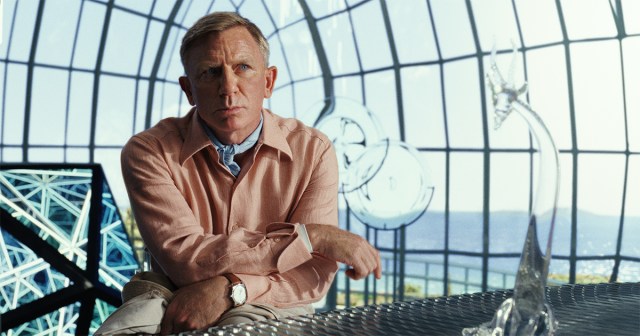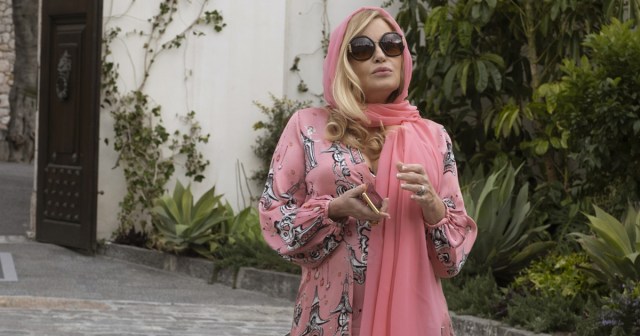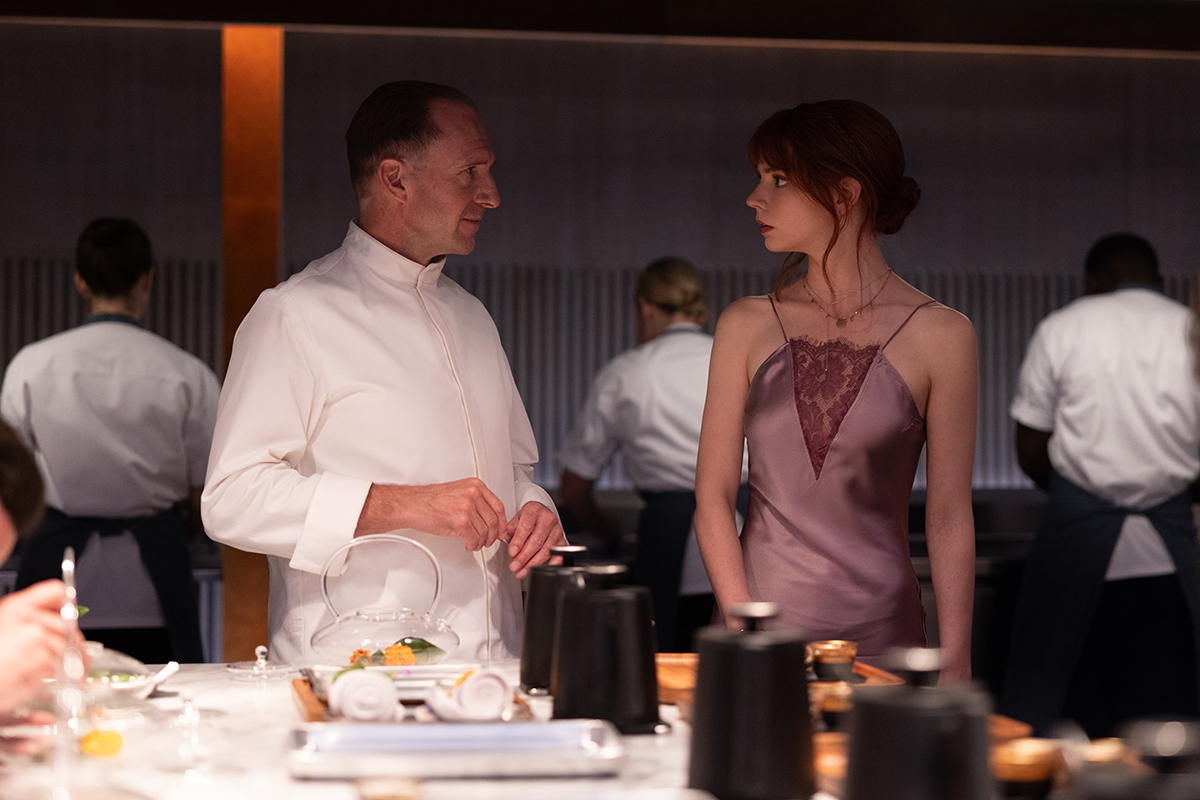
TL;DR
- In a world where the wealthy and greedy thrive, the working class are fighting back, and the power dynamics are reversed — on screen, at least.
- Class warfare has come out into the open with the release of “Glass Onion,” “The Menu,” and “Triangle of Sadness” as the gap continues to widen between the rich and everyone else in a meme that will no doubt be solidified in Netflix’s “Squid Game 2.”
- One critic thinks these films don’t go far enough and — tongue in cheek — calls for a mainstream movie to go all the way without pulling any punches.
READ MORE: Hollywood’s Eat-the-Rich Satires Need Sharper Teeth (Vanity Fair)
Given that $26 trillion of new wealth created since the start of pandemic went to the richest 1%, reports charity Oxfam, that billionaire Donald Trump’s organization was found guilty of tax fraud but fined a paltry $1.6 million, and that Elon Musk made history by losing a record $165 billion but is still worth $178 billion, you’d be forgiven for hating the rich just a little bit. Hollywood is banking on it.
With seemingly little irony — given the wealth of senior studio execs and owners at streamers like Amazon and Apple — it is open season on the ultra-rich.
Several recent movies, and at least one TV show, set their sights on the oligarchy pulling the strings of the world, “promising brutal, if only imagined, comeuppances that us plebs could cheer on from the pit,” Richard Lawson notes in Vanity Fair.
The main projects being called out for this meme are the 2022 trio of Knives Out sequel Glass Onion, The Menu, and Triangle of Sadness, all of which all depict outsiders unseating the so-called elites for our viewing pleasure.
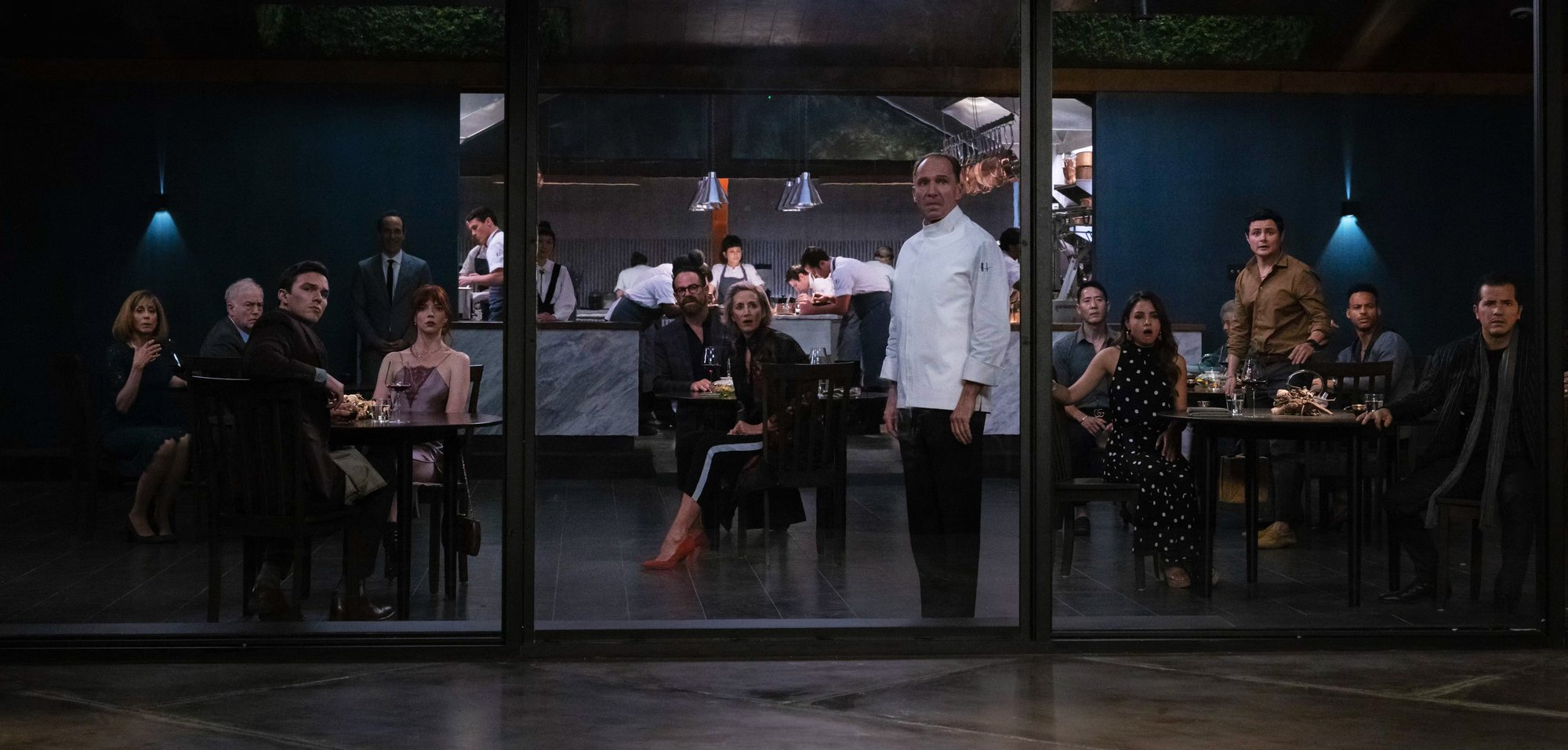
“The consequences they suffer in these films feel like the world is beginning to right itself,” Kimber Myers at Mashable suggests, “a triumph seemingly impossible off screen. Throughout each movie, the filmmakers create feelings of disgust at these archetypes of privilege and power. We don’t feel jealousy of their success; it’s righteous anger at the unfairness in how they achieved it and delight at their fall from grace.”
READ MORE: How eat-the-rich comedies changed during COVID (Mashable)
True enough, but hardly new. You could read 2000’s Gladiator, itself a retread of sorts of Spartacus, about the working class heroically fighting back against the oppressed and privileged. For which also read the populist narrative of RRR in which plucky Indians defeat the British Raj in style.

READ IT ON AMPLIFY: “RRR:” Changing the Game for the Global Marketplace
Gladiator director Ridley Scott is reportedly advanced on making a sequel to his Oscar-winning Roman epic, so look for more of the same.
One to watch before then is Squid Game 2, the follow-up to the Korean satire that took the world by storm in 2021. The show was a naked assault on capitalism in which very few winners of the game of life actually survive.
Also out of Korea was Parasite, garlanded with the Best Picture Oscar (much to Donald Trump’s displeasure) in 2020. This was a transparent metaphor for the underclass taking revenge on those complacent enough not to see their riches as reason enough for attack. The director, Bong Joon-ho’s had form. Snowpiercer (2013), his movie set on a train — which was later adapted into a TNT TV series — was an us-against-them attack on the layers of class and privilege that extends throughout every society.

In Glass Onion, The Menu, and Triangle of Sadness the ultra-rich squander their privilege. The villain of Glass Onion manages to escape the pandemic by stowing away on his own private island in a literal bubble of his own making. Miles Bron, is of course, a thinly veiled Musk-type of techpreneur who is revealed as being not that bright after all.
Ruben Östlund’s Cannes Palmes D’Or winner Triangle of Sadness targets the relationship between money, power, and beauty, getting quite ugly in the process, Myers found. It’s never subtle, but its most direct condemnations of greed are voiced by the superyacht’s American captain (Woody Harrelson). As passengers gorge on truffles, sea urchin, and heaping spoonfuls of caviar, he has a hamburger.
“The central set piece, an operatic spew of vomit and other fluids on a doomed private cruise ship, is grotesquely amusing — even cathartic,” finds Lawson.
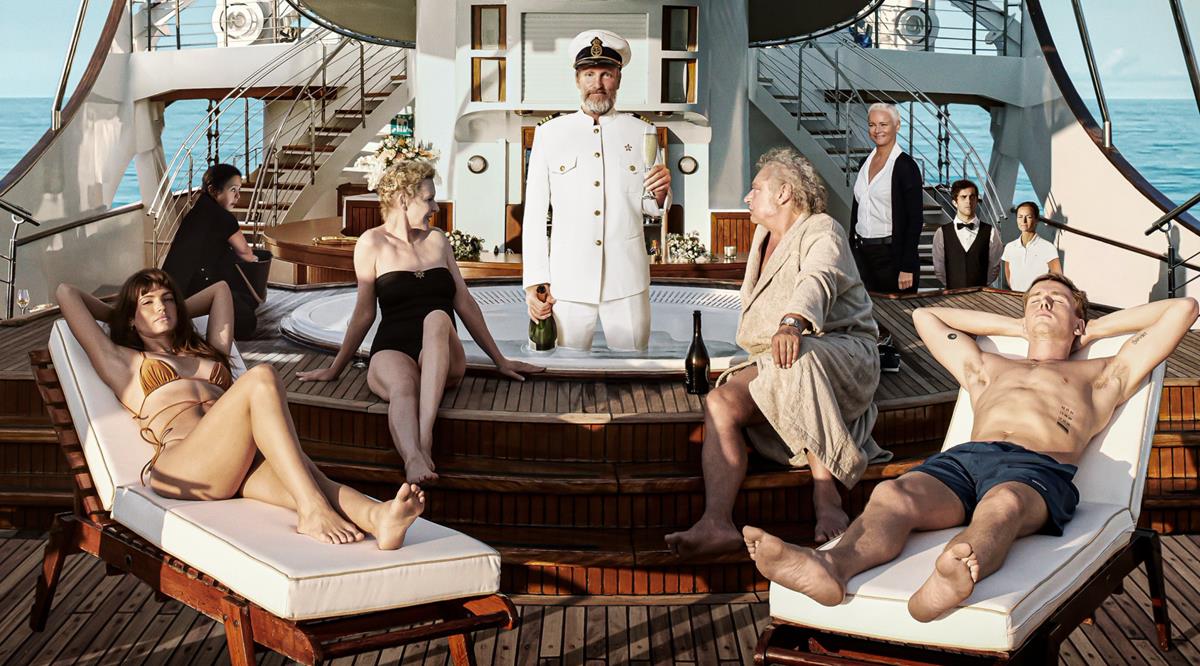
READ IT ON AMPLIFY: “Triangle of Sadness:” (Kind of Gross) Scenes from the Class Struggle
Mark Mylod’s target in The Menu are customers who think nothing of paying more than $1,000 for lunch. Meanwhile, in the real world, groceries cost 11% more than they did a year ago. The Chef (Ralph Fiennes) plots the deaths of his guests, as they quite literally get their just desserts.
An example on TV is HBO’s deliciously entertaining The White Lotus, which took its second season to a fabulous resort in sun-drenched Sicily.
Creator Mike White aired an interesting theory that his show is concerned with the psychology of being astronomically rich. Here, the rich are eating themselves.
“When you’re wealthy and you don’t have situational problems that have to do with money, then your problems become existential,” White told NPR’s Terry Gross during a recent episode of Fresh Air.
“You have all of the tools to figure out your life, and you can’t figure out your life,” he said, adding that “if you’re in paradise and you feel like something’s missing or you’re melancholy or you’re tortured, you know it’s not the ambient nature of what’s going on — it’s something in you.”

READ MORE: ‘White Lotus’ creator Mike White finds wide success after 25 years in the margins (NPR)
READ IT ON AMPLIFY: Neo-Neorealism: How the “White Lotus” Adventures Mirrored “L’Avventura”
For all the rage against the machine, most of these stories don’t actually leave the billionaire’s in tatters. In Squid Game it is the dog-eat-dog world of capitalism that sees the working class killing itself for a rich master’s enjoyment.
Vanity Fair’s Lawson also finds the results less than satisfying.
“I’ve no doubt that Triangle of Sadness despises witless, unfeeling wealth as much as it says it does, but it has disdain for everyone else too,” he says. “That’s not really the righteous us vs. them fantasy I went looking for. I realize that may be the point, but still.
Fiery as the finale of The Menu may be, it feels awfully narrow, to Lawson “even safe,” he says. “The film strides up to the idea of bloody rebellion and then gets scared of its deepest implications.”
Glass Onion is too “Twitter-speak snarky to register as anything truly condemnatory,” he critiques. It’s a goof: teeming with pop-culture references to imply urgency, but never transgressive.
And The White Lotus, he says, is less concerned with skewering the rich since it is “also guiltily glad to be along for the trip” in terms of showing the audience Instagram-friendly luxury and Love Island-like bodies.
Lawson calls for a show that truly upends the status quo rather than simply gesturing toward it. “I want to see the rich really eaten, chased from their mansions, and reduced to rubble,” he says.
Perhaps something like The Purge (2013) in which is the wealthy family being attacked without and within by an unleashing of violence mixed with Barbarian, Disney’s breakout horror from 2022 in which a smug Hollywood star gets his comeuppance in the underworld of Detroit.



